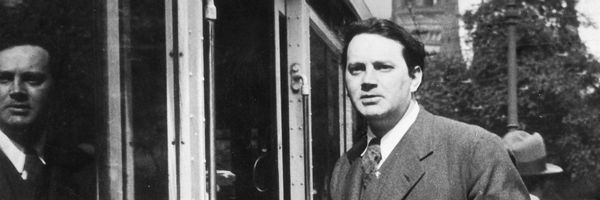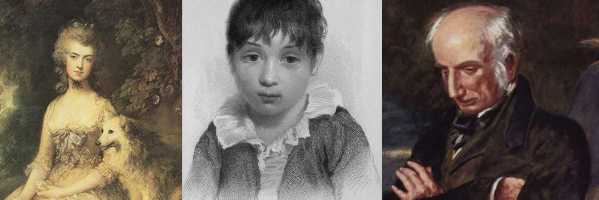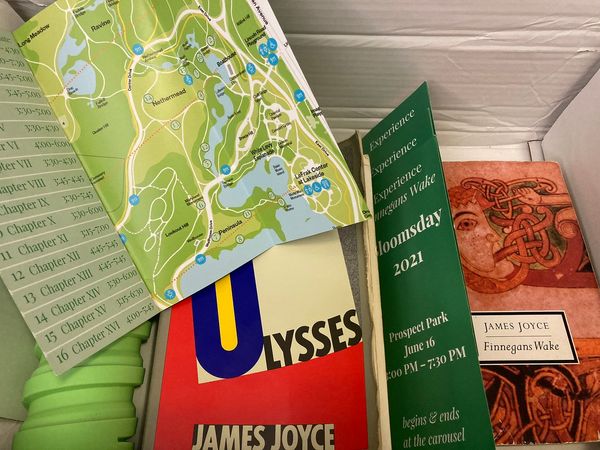Tao Lin Emails His Parents and Cares for a Dog

Tao Lin's latest novel, Leave Society, follows a Lin-like figure named Li (who, in turn, writes novels about narrators who are very much just himself). Lin published his previous novel, Taipei, in 2013, and Leave Society picks up shortly after, as Lin/Li gets contracted both for the current novel and his nonfiction book, Trip (2018).
One thing I heard about Taipei from several, wholly disconnected sources is a combined sense of wonder at how well Lin captures the mundane character of online life and frustration at his plainly descriptive style. The latter supports the former. Lin does not warp his writing to find some grand dramatic use of computer networks. If in real life he lays around for hours staring at his phone to browse the Internet, he will simply describe that action. One thing lost is the imaginative work in navigating all that, and with Leave Society, Lin gets more overtly interested in the imagination and everything at work in the background of his life.
As occurs throughout his fiction, email remains a primary mode of communication – even to speak to his parents in the next room, even as he recognizes the practice can have an alienating effect. Back in his first publication – you are a little bit happier than i am, a poetry collection from 2006 – Lin begins a poem titled "i am about to express myself" with "i want to check my email" and then, as he struggles to stay serious, suggests, "i think email changed me." Literary writers writing letters is nothing new, but the largely text-driven world which Lin grew up in is on a vastly different scale. Late in Leave Society, Lin writes that Li "viewed writing, not speech, as his means to communicate at a 'deeper level.'" This is what he learned to do to navigate the world, and it can even be effective. Even though Li cannot always be honest with his parents in speech, he follows up with email exchanges and they resolve conflicts and all continually grow into more understanding people.
A striking detail of the novel, however, is that while this mediating role of email continues throughout, there is another crucial mediator: Dudu, Li's parents' four-pound white poodle. A recurring joke throughout the novel is characters accidentally calling one another "Du." Each character goes through moments of physical pain, self-consciousness, impatience, and other frustrations, and so often it is only through Dudu that this family can be wholly, unreservedly kind to one another. Li wants to be nicer to his parents, and his parents want to fight less around him and not make him feel sad or judged, but human flaws get in the way, and the inhuman Dudu short-circuits their nasty impulses.
Through ongoing research outside of mainstream threories of history, culture, medicine, and so on, Li finds that much of society is actively harmful to humans. This can occur on a chemical level where certain processes are suppressed through electromagnetic radiation in cities, while elements found in natural settings promote healing within the body. Socially, he finds, we live according to dynamics of force, fear, and heirarchy which have not always been the case – and yet it can be difficult to move outside of his impulse to, for instance, yell at his parents when he disapproves of something. The tender concern shared by all for Dudu offers some escape, and serves as a central, implicit example of how we can learn to be other than what we are now and why we might want to do so. In one scene, Lin writes,
At dinner with thirteen relatives, everyone held up tea or water for a toast. "Du," said Li's dad, clinking Li's cup. "Yes, Du is you. Du is the one we love most. When you're home, you're Du."
What occurs often unintentionally becomes a narrative frame. They know they keep calling each other Du, but recognize it as a sign of love. This interchangeability of Du and you takes on further relevance within Li's recurring dissociations.
Within Li's view of writing as his primary means of deep communication, he thinks at times of life as like a novel. Defining things a bit more precisely, a novel is a way of looking at something from a level of remove. Our life, then, might be within the imagination of some vast "overmind," he proposes at one point. Li "increasingly viewed death ... as a zooming out, like putting down a book." Lin/Li's act of recording conversations with his parents and taking expansive notes about his days is a way of making that book into something more recognizable to him – text – and the further act of crafting it into a novel is a way of grappling with questions of meaning. Lin goes on to write, "Maybe after reading Li, he could read Earth, a life-form in another galaxy, one of his parents, or Dudu." This realization may offer a way forward for Li, who suggests the possibility that this may be his last novel written so autobiographically. If Leave Society is a segment – carefully crafted to end on a certain desired note and complete a particular narrative trajectory – of the complete Li, what might Dudu look like? Leave Society establishes a deeper purpose for the novel form for Lin, itself a microcosmic way of leaving society's ills and exploring other patterns within life and the world.
Alongside "beds ... computers, fantasies, dreams, memories," books and art represent to Li a "friendlier dimension of the imagination." In living life as being recorded and novelized – whether by himself or inevitably as Li – he can aspire to this friendlier level. In viewing Li in its place alongside other books such as Dudu, he can try to forego from time to time the impulses of his society and instead try to chase along the complex path of a dog among some trees. The titular imperitive, "leave society," carries hints of escapism and isolation, but the story largely focuses on time spent with his parents, and Lin's depiction of this relationship is increasingly heartwarming. One of the most central tensions in the novel is between Li's growing sense that his society is harming him and his desire to grow his connection to other people who are all caught up in society in complex ways. In crafting this all into a novel and publishing it, the purpose, as Li understands it, is to make his imaginative world shareable; he is again drawn toward others. The ultimate adressee of the novel, however, must be Dudu:
He and his parents like to imagine that Dudu viewed all human speech as being directed to, or about, her.
At the same time, "Du is you ... the one we love most." In the early 2000s, Lin was changed by email. In the 2010s, the email remains, but he was changed by Dudu. Through Leave Society, he makes this shareable.





